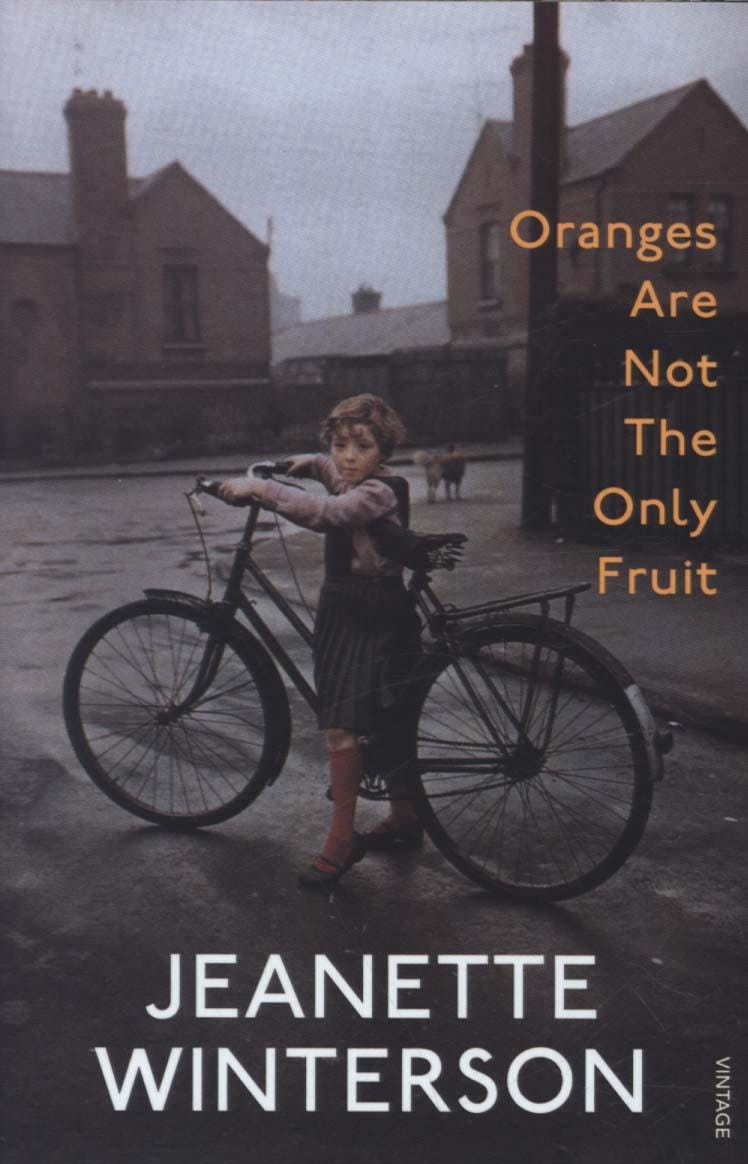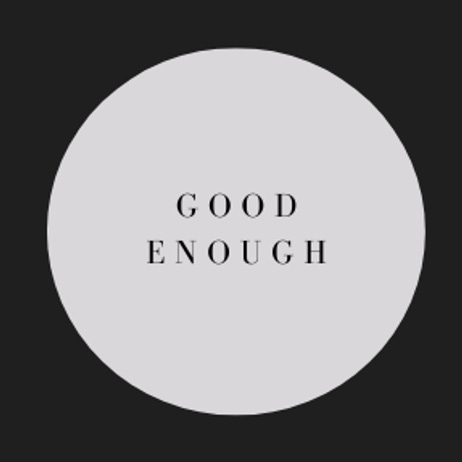Greetings, bibliophiles!
Today, I’m very excited to bring you
.Having left behind a twenty year career in public education, Natalie now writes the brilliant Good Enough newsletter, where she makes connections between what she learned as a teacher and applies them to life beyond the classroom.
Here, Natalie shares with us the book that fell into her lap at just the right moment in her life. Enjoy!
—
“Everyone thinks their own situation most tragic. I am no exception.”
I borrow this line from a book that made me: Jeanette Winterson’s Oranges Are Not the Only Fruit. In fact this short piece will be littered with lines from that novel. Because when I read it for the first time I swear I found myself after having been lost for a while. Reading Winterson’s words was the start of something. It was an experience of feeling seen. Of knowing that a character, and therefore a writer, was feeling big hurts like I was. Different from my hurts, but pain is pain. It is a tethering string.
“The only thing for certain is how complicated it all is, like a string full of knots. It's all there but hard to find the beginning and impossible to fathom the end. The best you can do is admire the cat's cradle, and maybe knot it up a bit more.”
I happened upon this book in a summer where I travelled to Oxford, England to visit my mother. She was 56 and working on her doctoral studies. I was 27 and freshly divorced. My younger sister had arrived a few days ahead of me and had already done the important investigative work to find us good coffee and treats. We would wander the old streets together while we waited for mom to finish her work. My sister had also discovered the bookstores.
“I didn’t want to tell the story of myself, but someone I called myself. If you read yourself as fiction, it’s rather more liberating than reading yourself as fact.”
In our mother’s room, rented above a candy store on the university town’s high street, I tucked myself into a foldaway bed and willed myself to sleep. I remember those days together, my hurt underlying all the sweetness of our time well spent. Theatre in the round. Memories made. The smell of burnt sugar wafting through my dreams.
The first day my sister and I went to Blackwells I found Oranges. I’ve read that when it was first published in 1985 it was mistakenly stocked in the cookbooks section “with the marmalade manuals.” I wonder if that kind of happenstance shelf-stocking “mistake” might have inadvertently saved others like me who also needed to read it. Needed to find it in their bookstore wanderings. I swear this semi-autobiographical novel about a teenage girl rebelling against convention in an English Pentecostal community found me. I remember it falling off the shelf into my lap (though memory is a strange animal, so in the spirit of finding balance between fact and fiction, I may have spotted it on a “best of” table). I am a straight woman living in a world that systemically privileges heteronormative experiences of relationship. Yet, I felt so deeply connected to this coming-of-age story about a young woman navigating her sexual identity amidst family and community pushback.
“I don't know how to answer. I know what I think, but words in the head are like voices underwater. They are distorted.”
Blackwells was just the beginning though. The impact of this book followed me into my classrooms as an English teacher. Every time I taught the book to a group of 18-year-olds I returned to Winterson’s wisdom. I would read sections of the book aloud to groups of young people who, like me, were navigating conflicts with loved ones. Hurts that wouldn’t easily heal. And I was grateful that I didn’t have to come up with thoughtful answers to their big questions. Winterson had done it for me. The truth was that we were all on journeys. Living out stories that were running parallel while feeling – too often – alone.
The beauty of books like this one is that for a time, in Blackwells, in my classrooms, we were gifted a sort of community. A recognition that pushback didn’t have to mean abandonment or isolation. That conflict can actually bring some people together for good. Even when we can’t see it in the moment.
“...not all dark places need light, I have to remember that.”
P.S. For more ways of getting your writing in front of new readers, consider becoming a paying subscriber today.








A gift of a space to be given here. My hope is that Jeanette Winterson would find something lovely in the gift she gave to me.
Thank you both for sharing! I have had Winterson’s book on my shelf for more than 20 years--a gift from a dear cousin--and I still haven’t read it (although I frequently see it referenced). You have motivated me to read it in 2024!